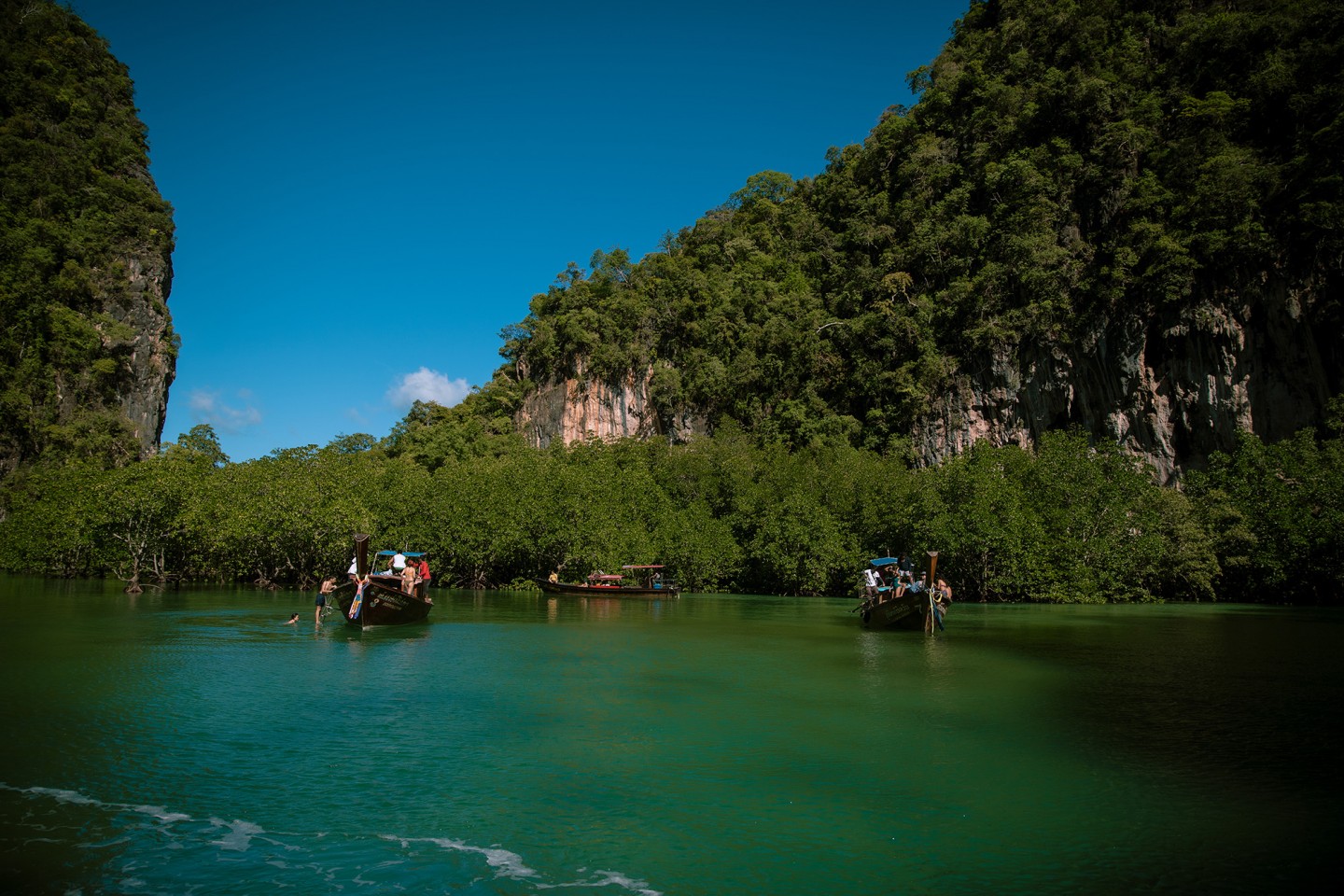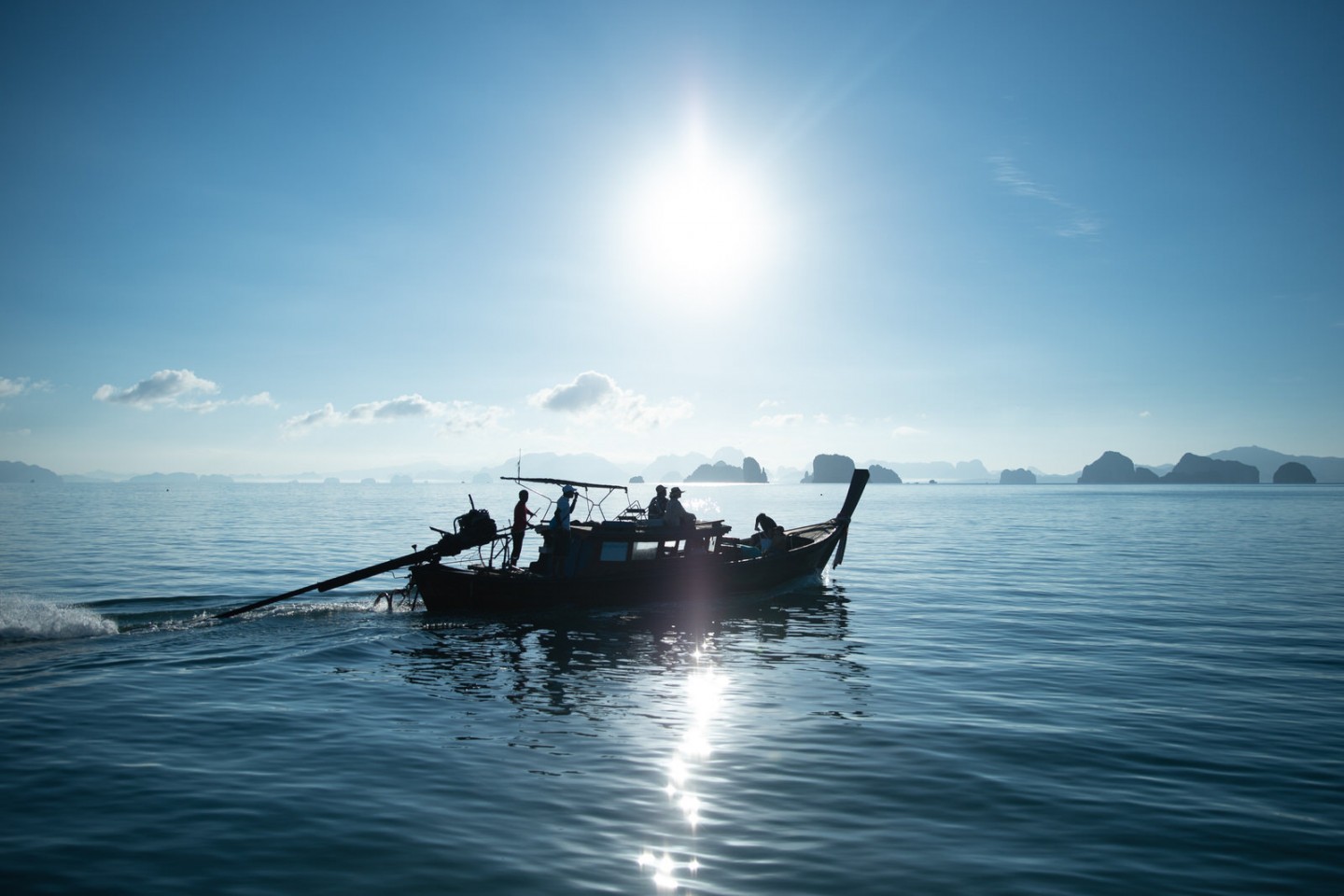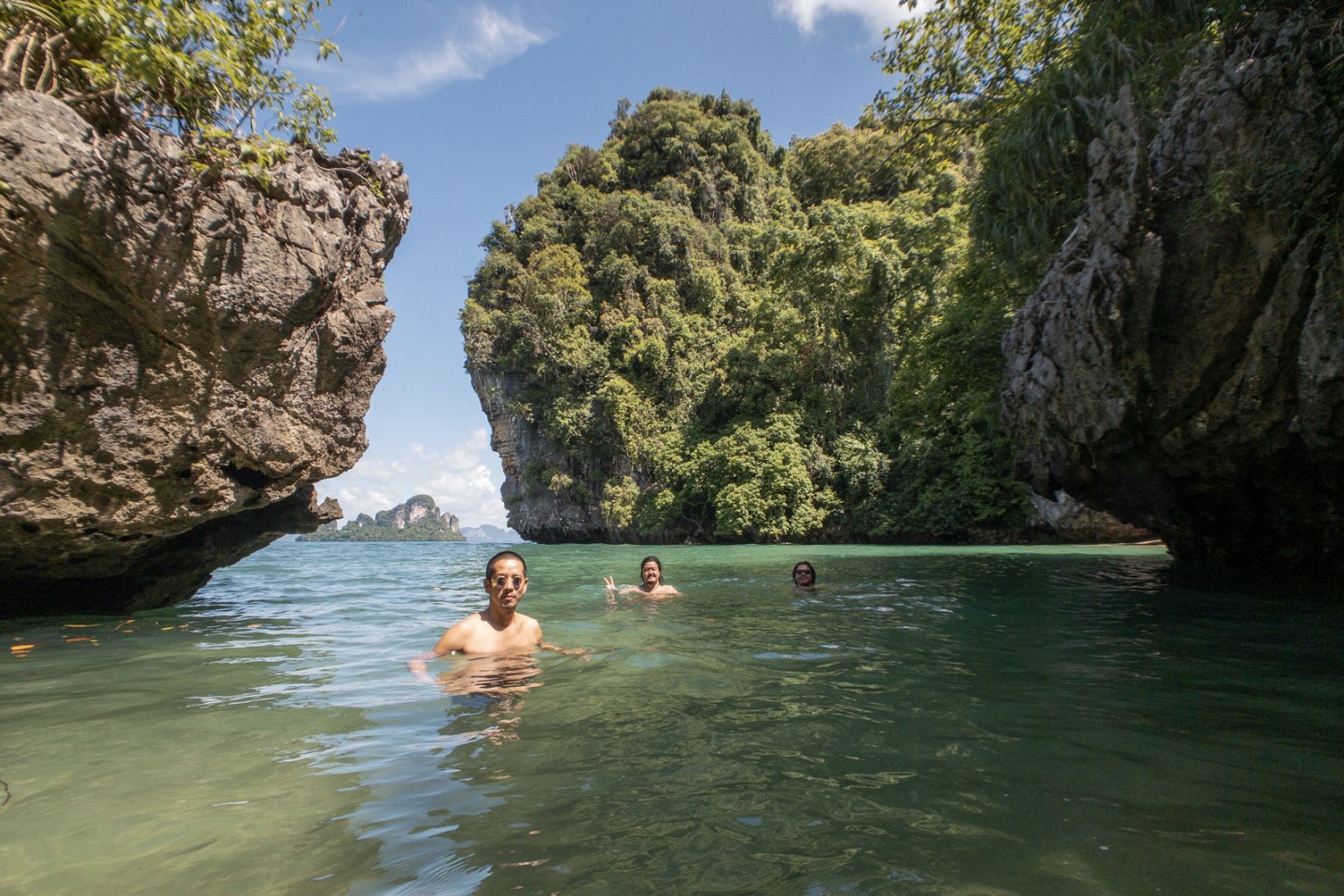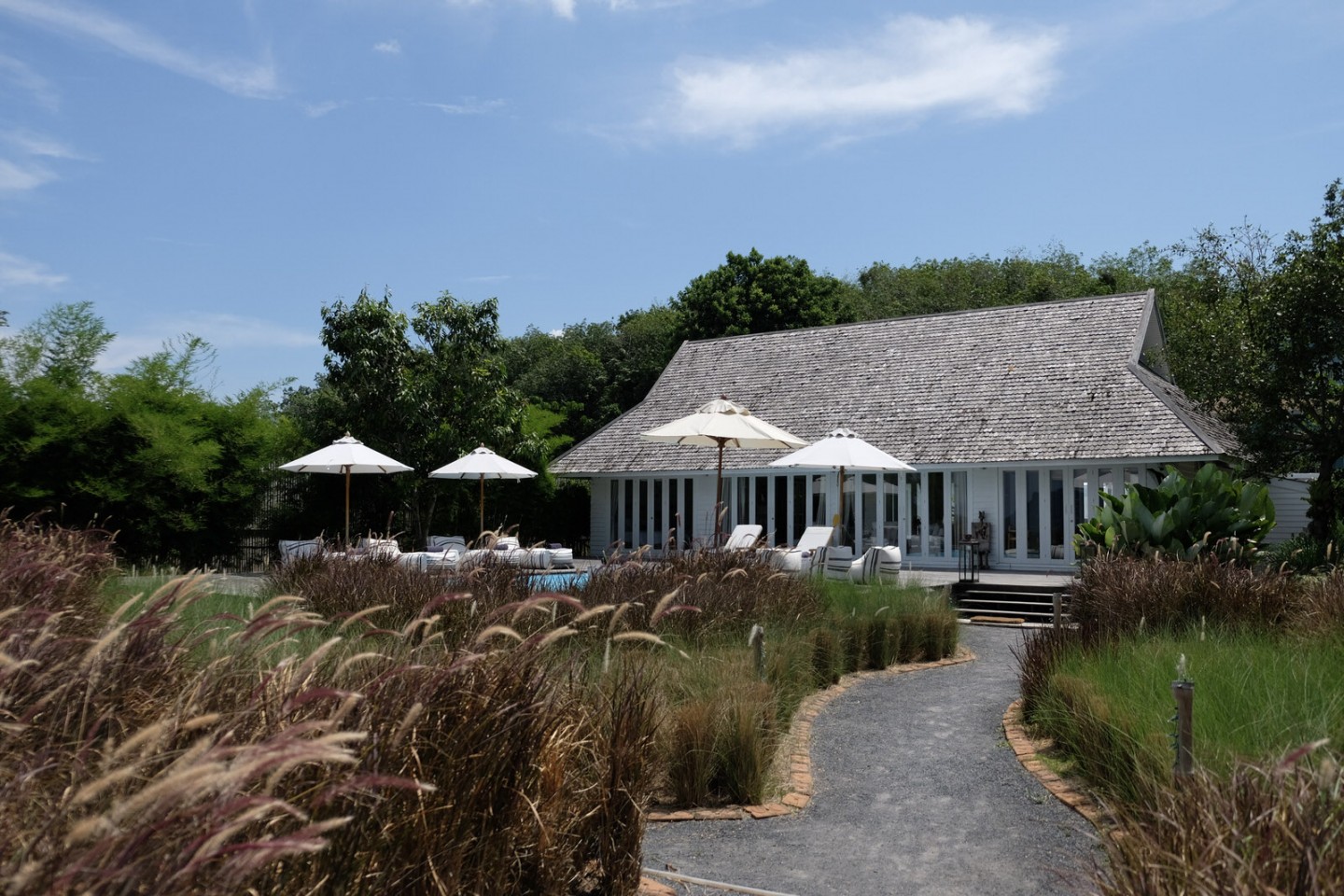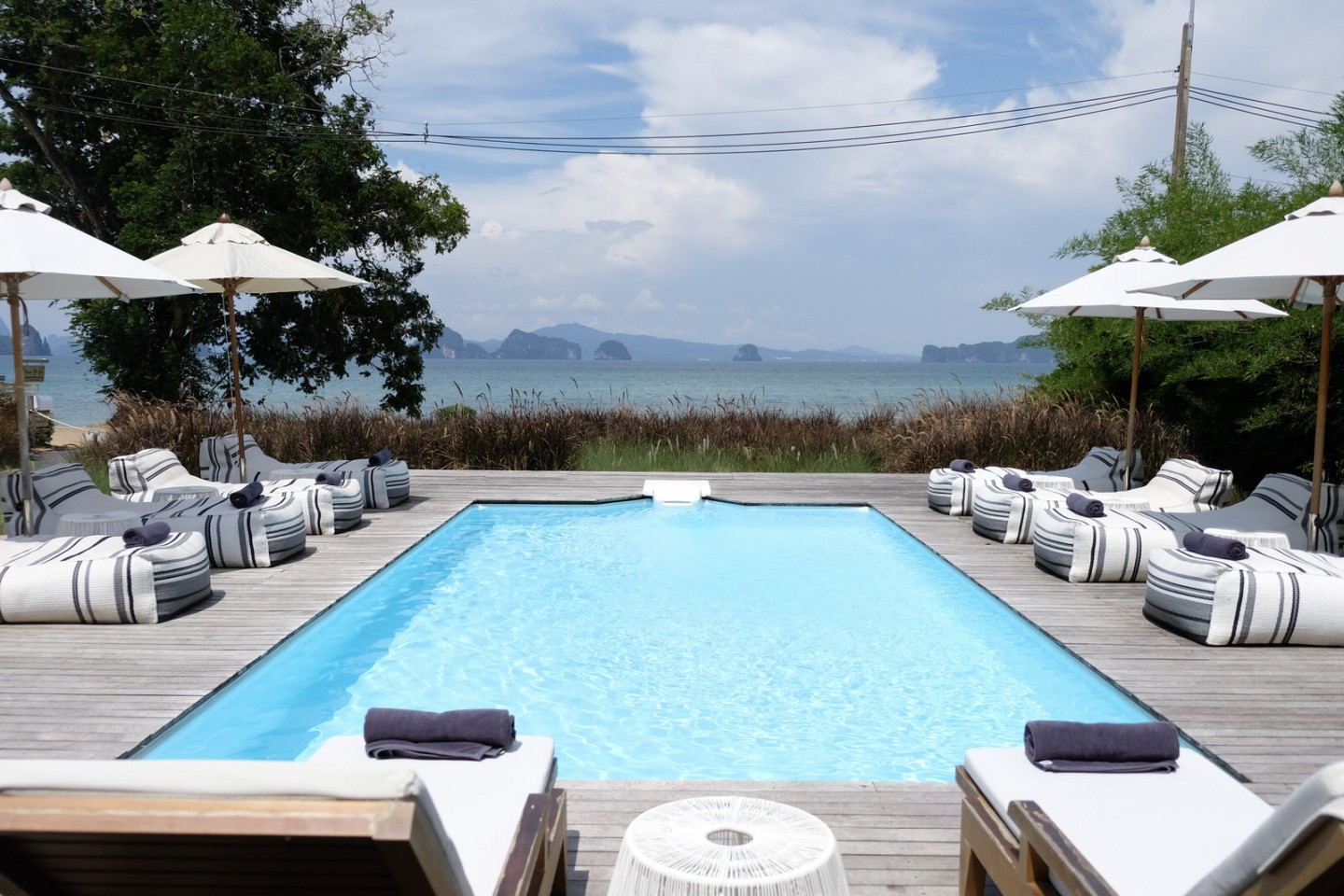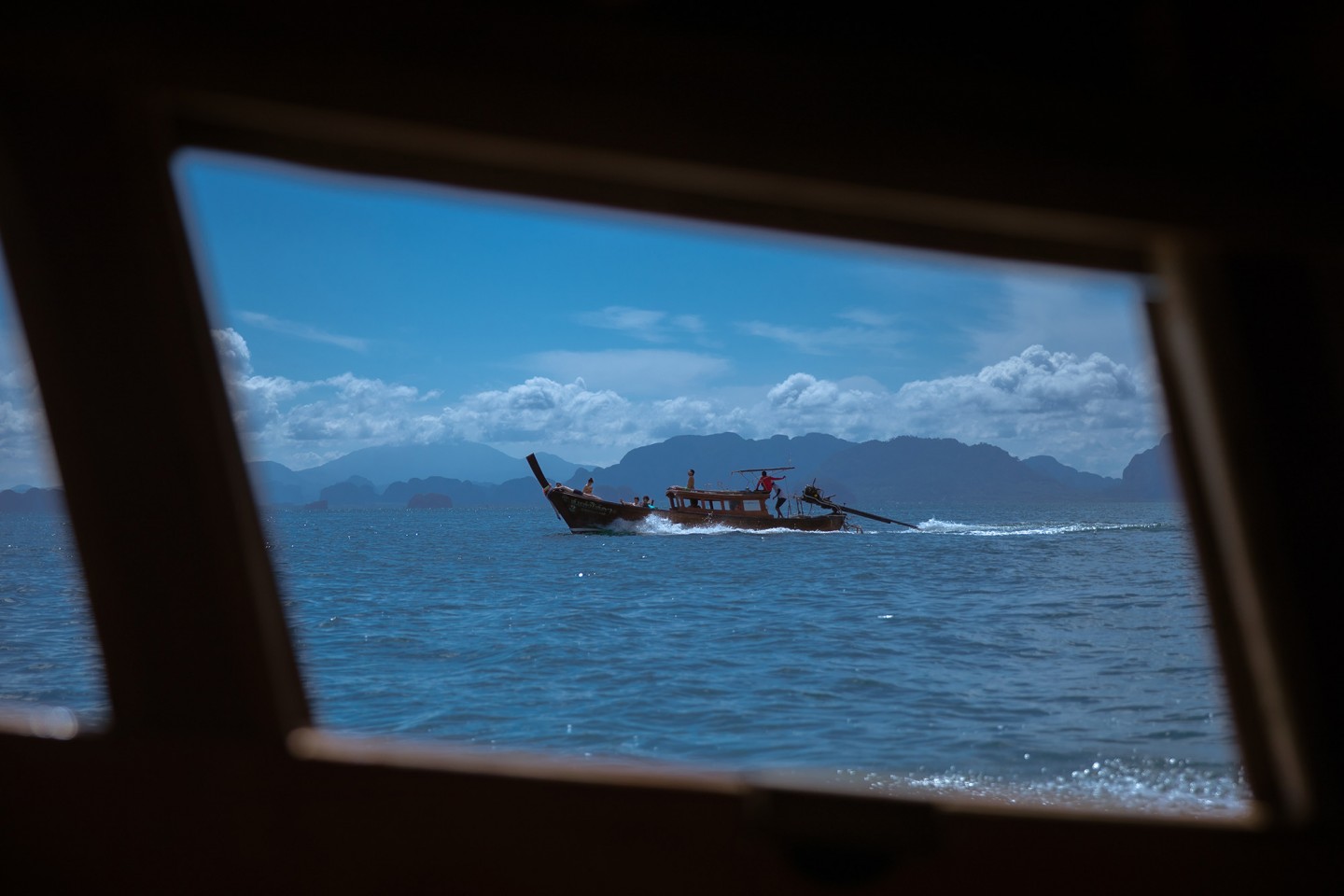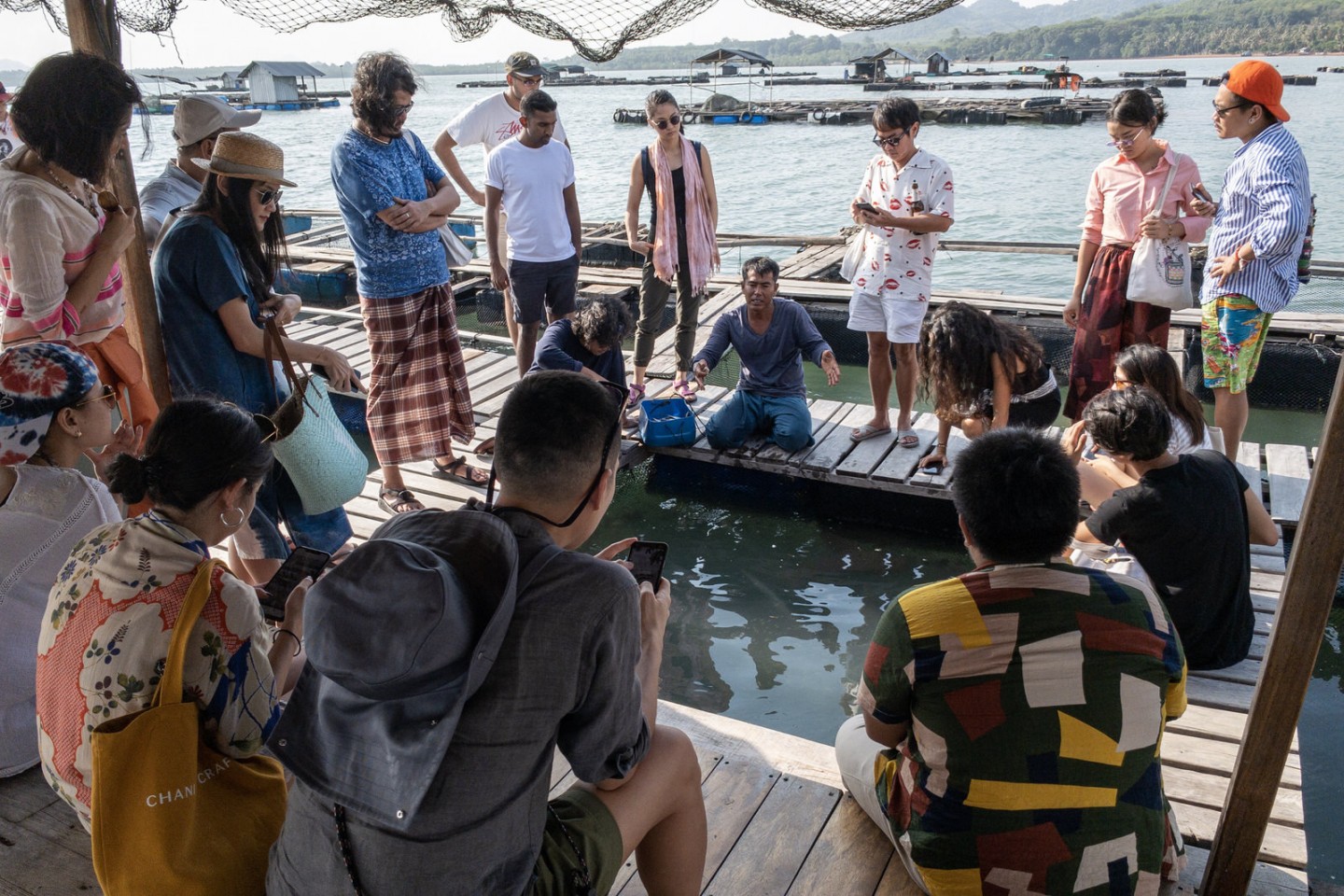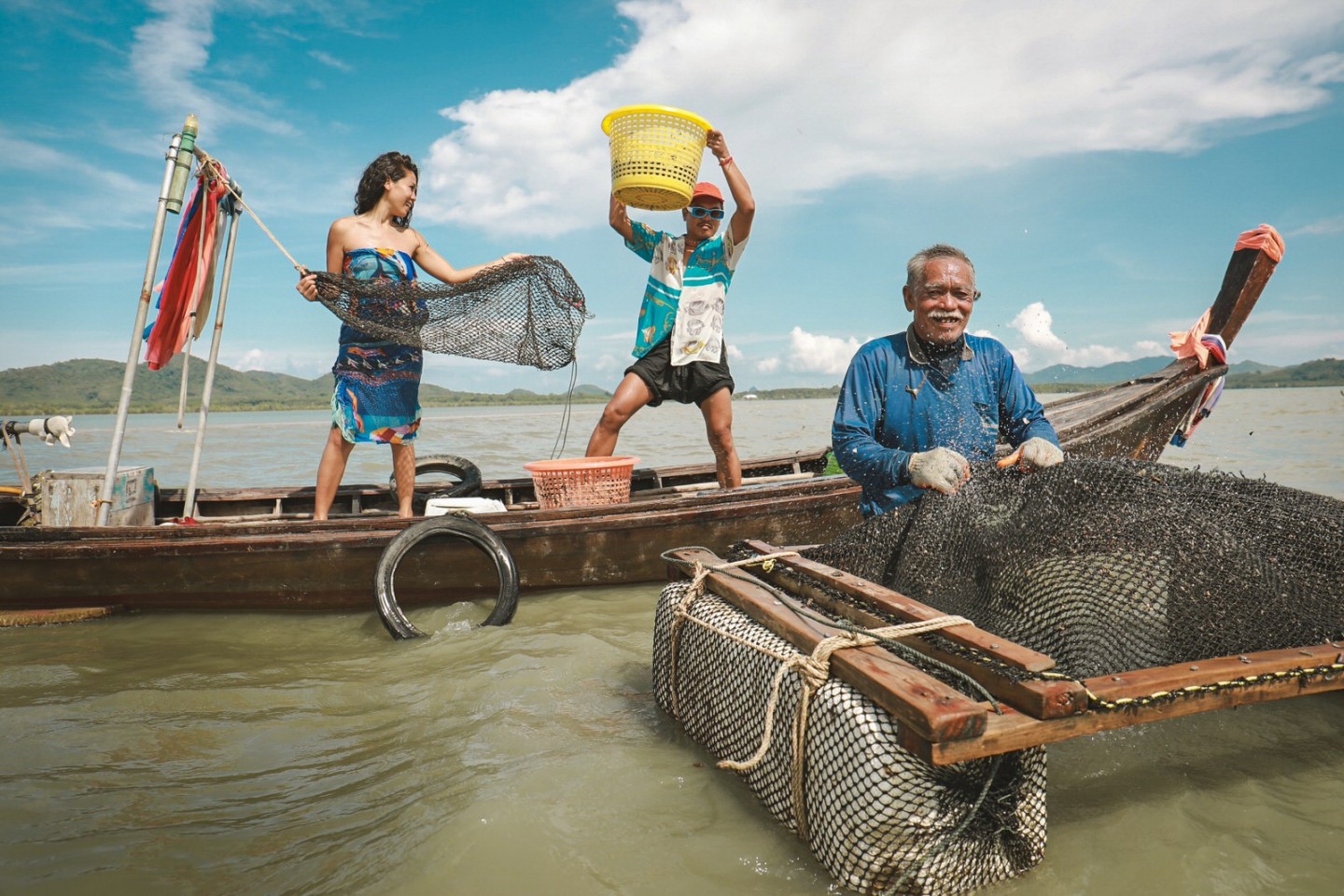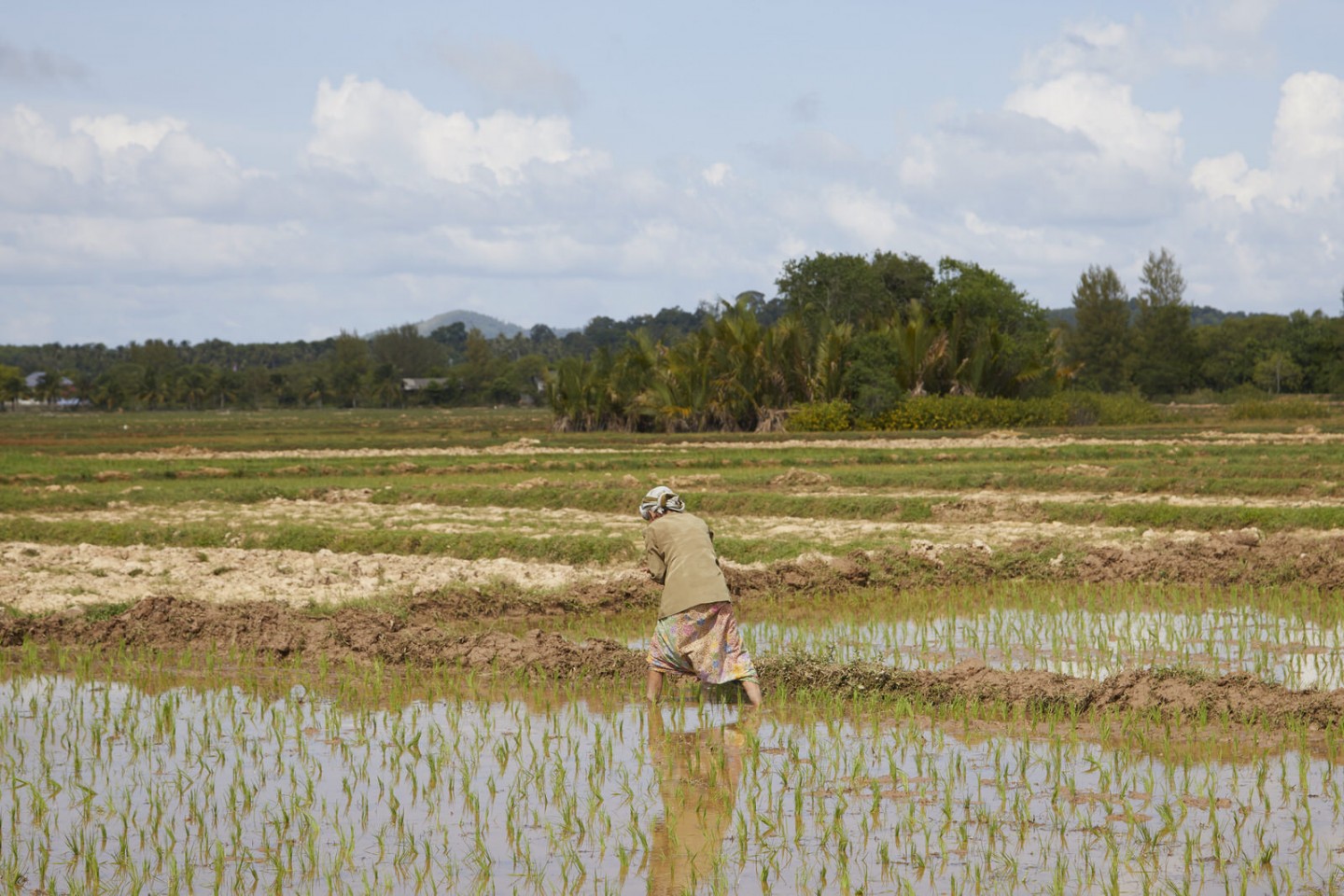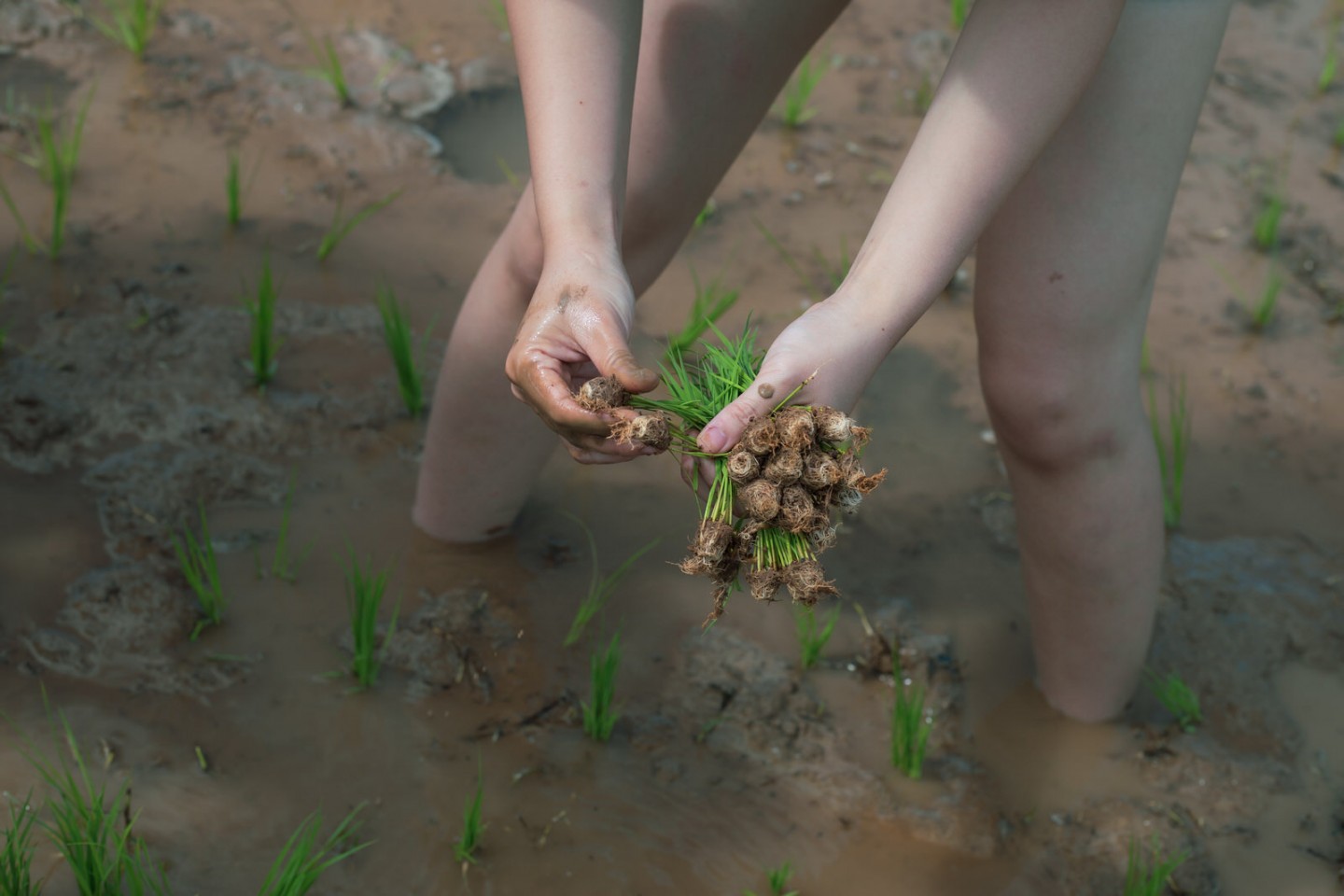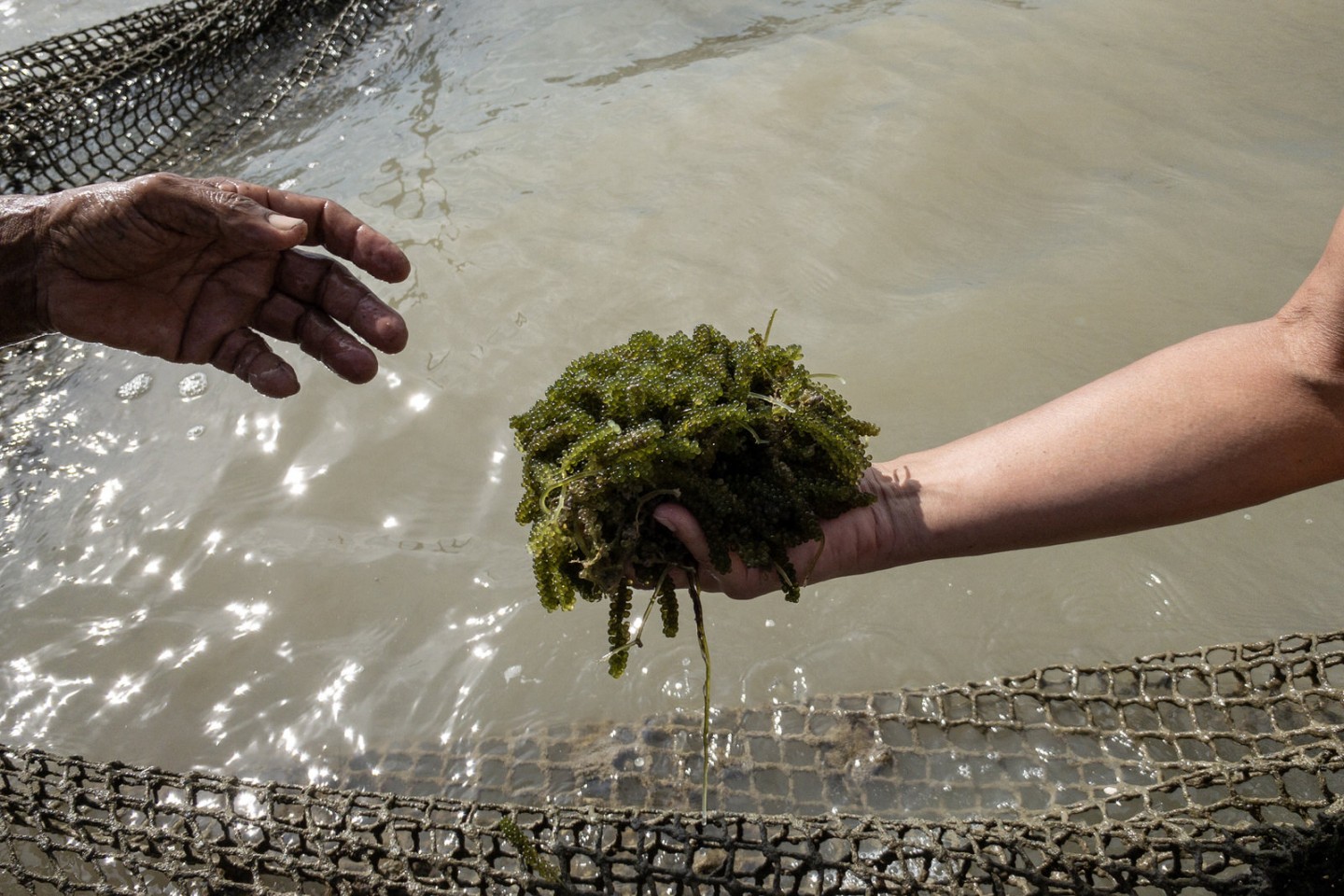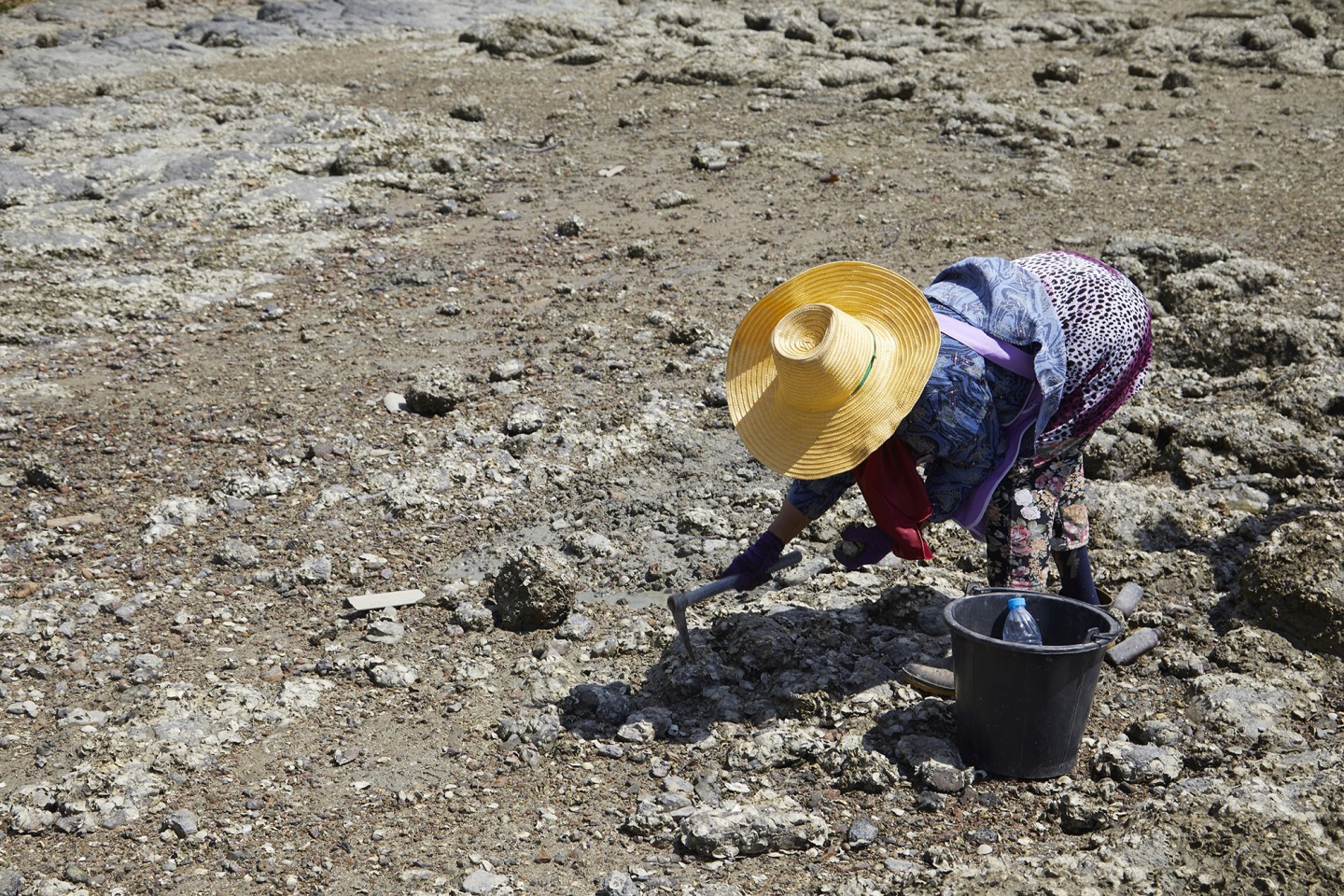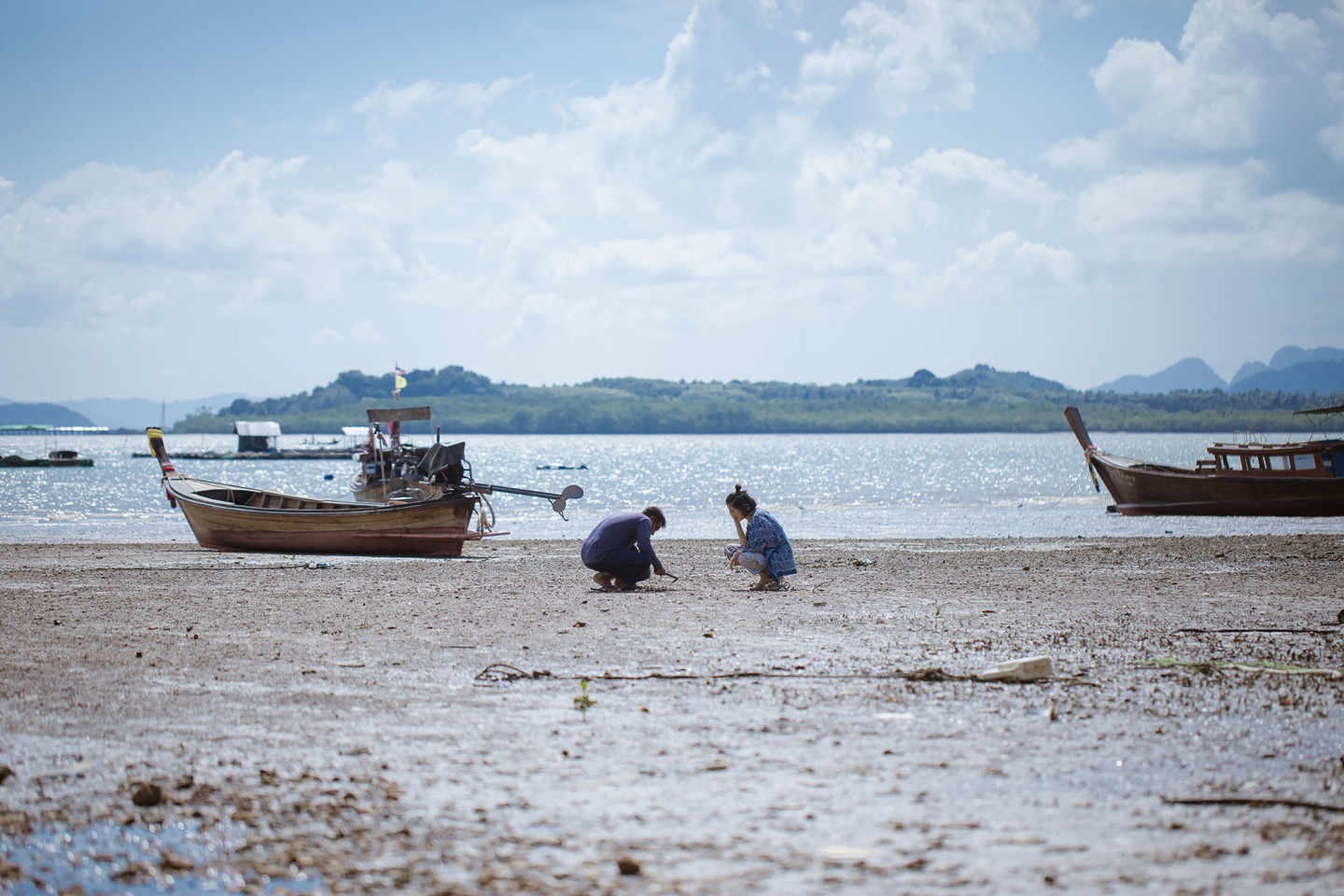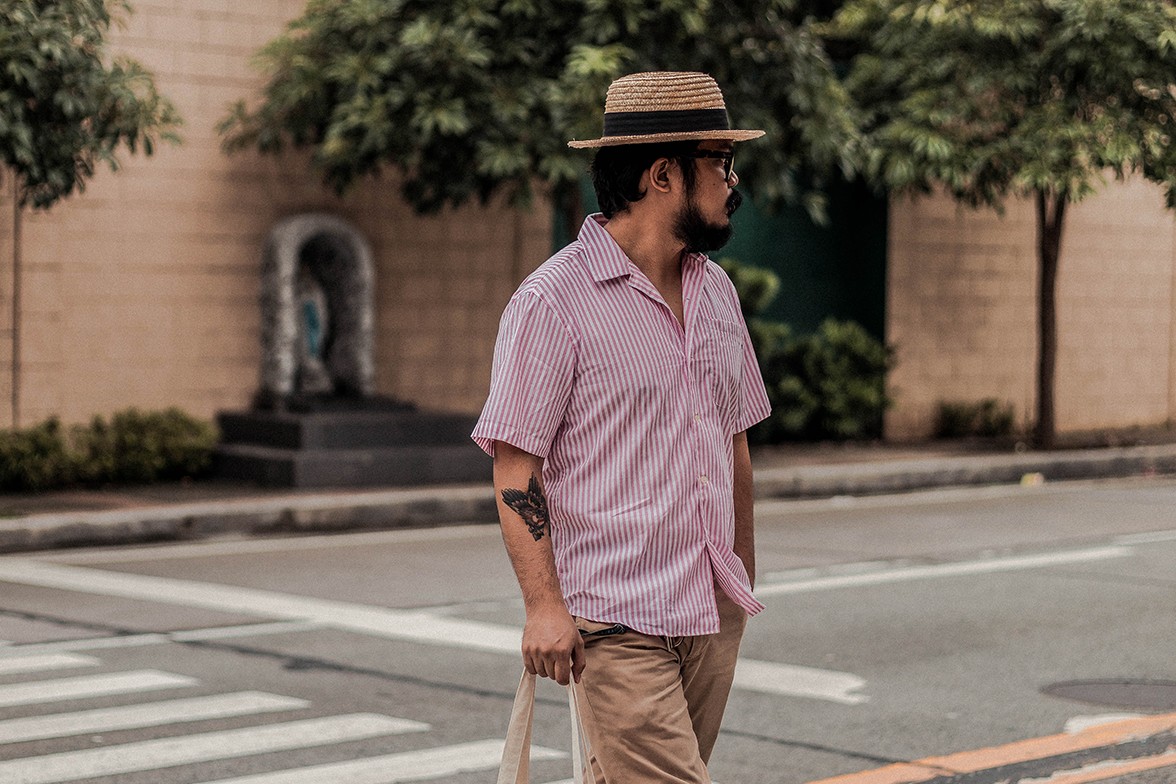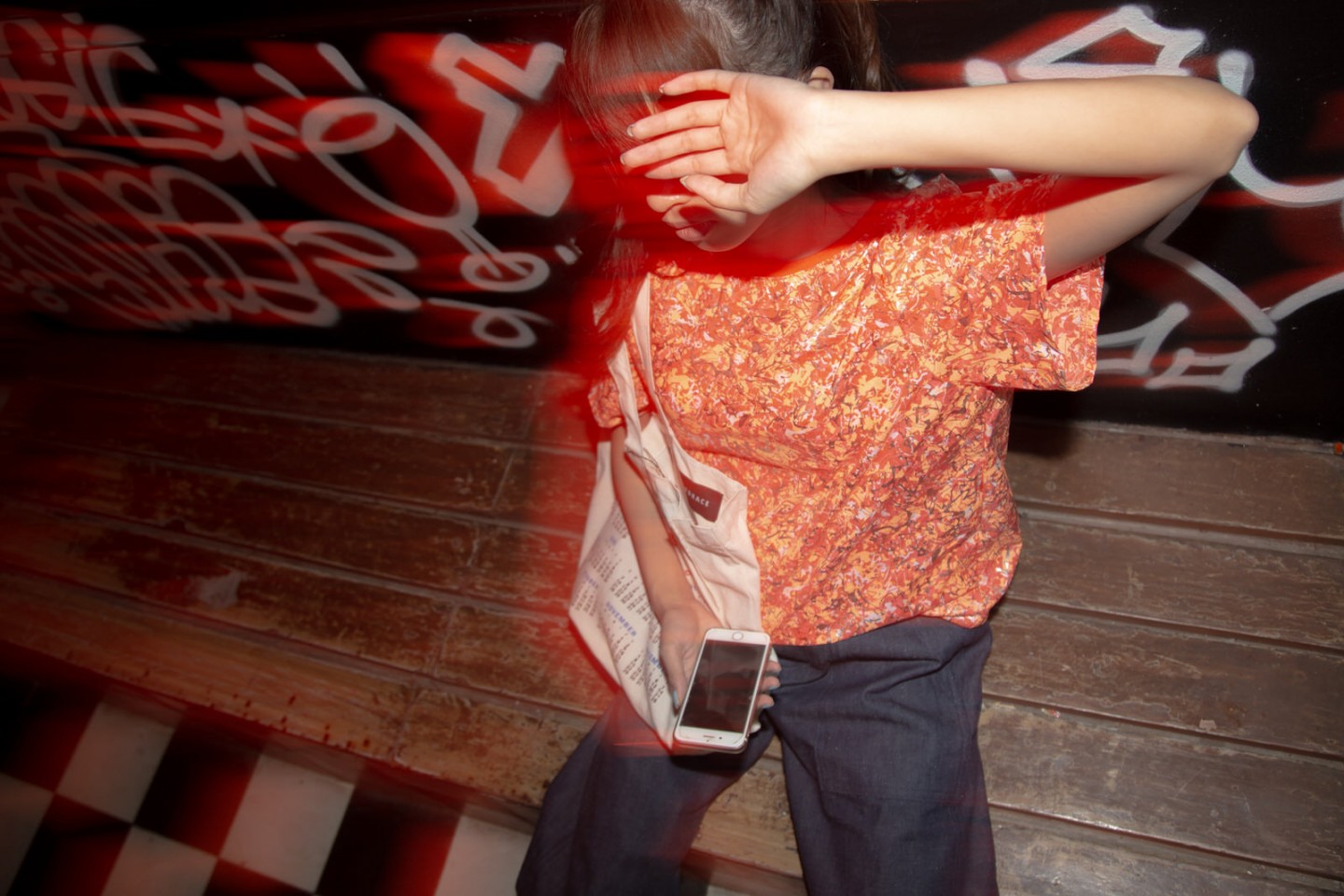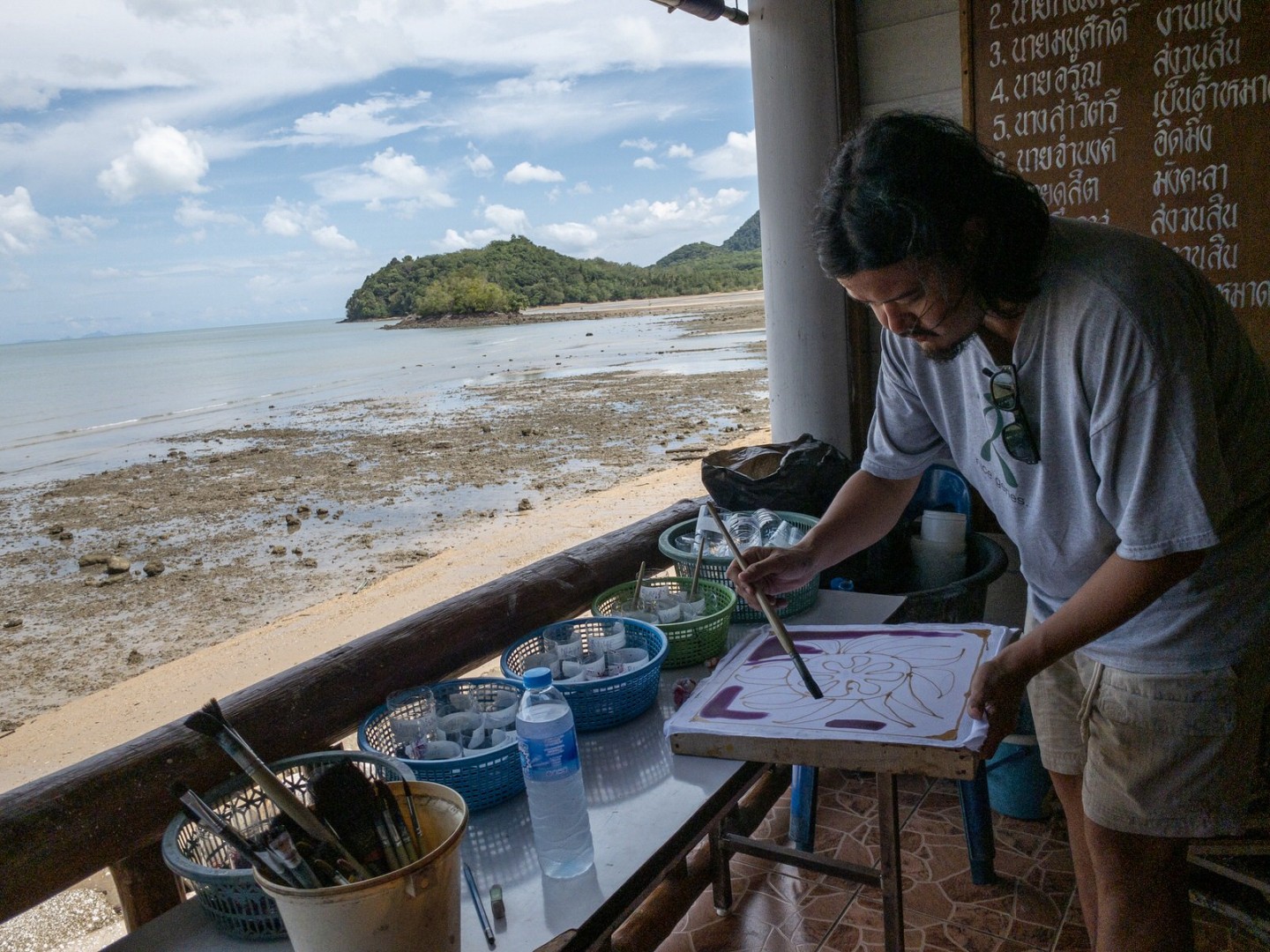
There is an allure to traveling — whether it’s a few hours drive or a lengthy plane ride, the feeling of excitement and wonder that comes with you is close to addictive. The possibility of seeing a new place, experiencing a different culture, and meeting new people are just some of the things that keep you coming back for more. The impact of traveling is not limited to the traveler alone; it is a symbiotic relationship where the traveler learns while the place — the people, the surroundings — are also affected. In addition to that, as with almost any country, tourism plays a significant role in driving the economy.
But tourism can also be a double-edged sword. More often than not the price of tourism lies in trading off growth with the exploitation of people and environment. But Camp Cape Kudu hopes to change that. In this article, we take a closer look at Camp Cape Kudu — an Artist Retreat hosted by Cape Kudu Hotel — told through Chris Fuusner of Tropical Futures Institute, a think-tank studio that aims to fund art exhibitions, community shows, workshops, and talks.
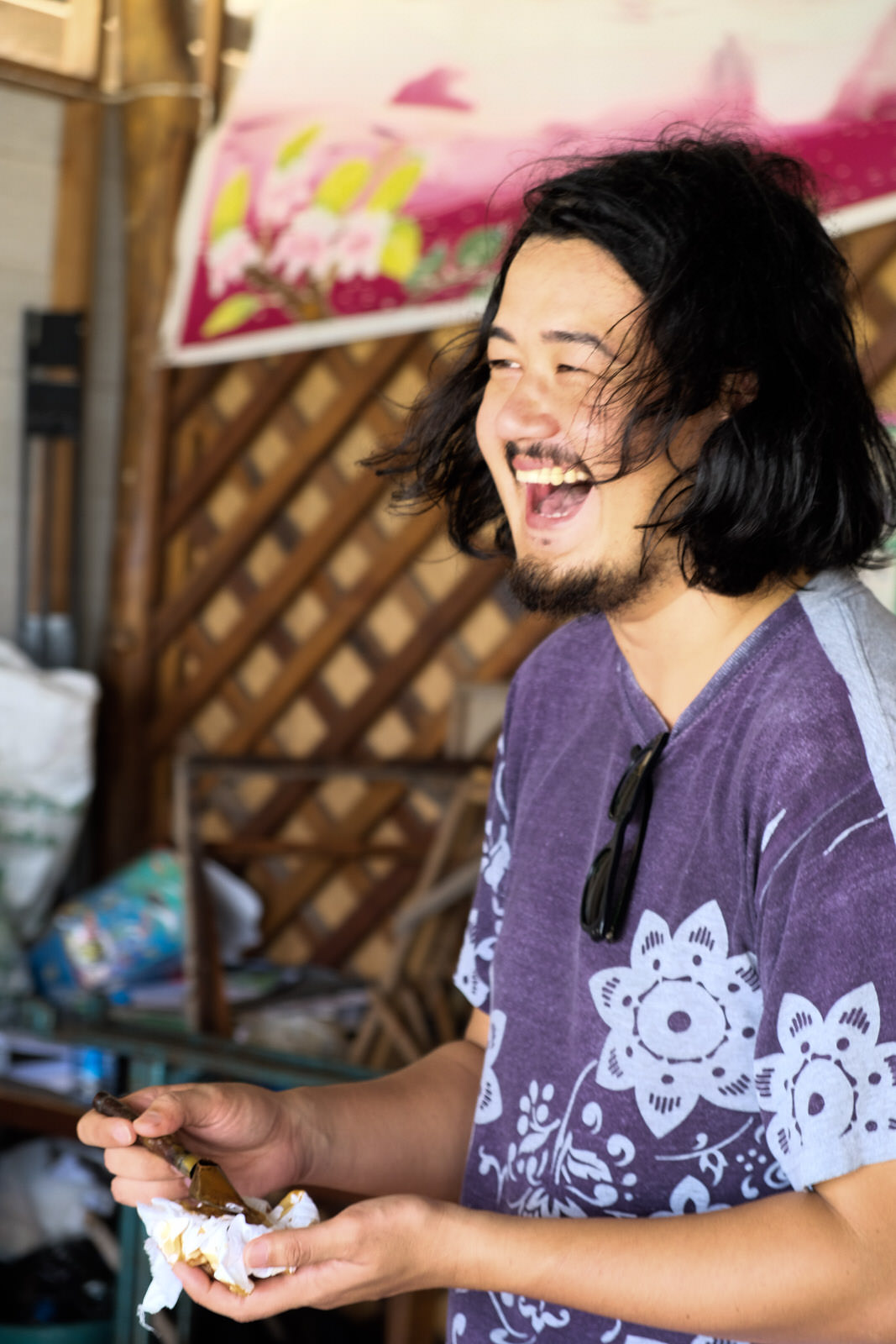
According to Chris, Camp Cape Kudu allowed him to experience slow tourism, community scale tourism, economics, and experiential tourism. These concepts may seem to overlap, but ultimately they all point us to how we can have a more sustainable approach to tourism especially in developing economies. “Tourism in Southeast Asia is a trend that will not slow down. Places, countries, nature will only continue to be found, and eventually become popular and become a travel destination — thanks to social media. Ideally, we would love to have control measures and de-growth situations where we can still maintain and protect these places,” Chris shared.
Camp Cape Kudu gave Chris the opportunity to engage in local visits, activities, and experiences with different community members on the island of Ya Noi. These experiences created a direct experiential and economic engagement with local people instead of the usual resort or tourist trap model with an alien development that is usually set in place in a given tourist spot.
“We collected shellfish with fisherfolk, we harvested durians with farmers, we worked with a dye house, we visited an aquaculture farm. We bought produce from them, we paid them for their time, and we got a deeper understanding of the local culture that exists on Ya Noi,” he shared. The innovation they experienced is with how Camp Cape Kudu structured activities for them that existed outside of the resort and with the surrounding community — creating an experience that goes beyond just the resort and into the environment and the locality.
These days, it’s easy to fall into the trap of mindless tourism because it’s easy, convenient, and accessible, but it’s important to remember that while we may only have a fleeting time with the places we visit, these are homes to many other people. And when we do pay their homes a visit, it’s important to take a mindful and responsible attitude towards it. And with the rise of resorts like Cape Kudu, hopefully the future of tourism sails towards a more sustainable approach.

